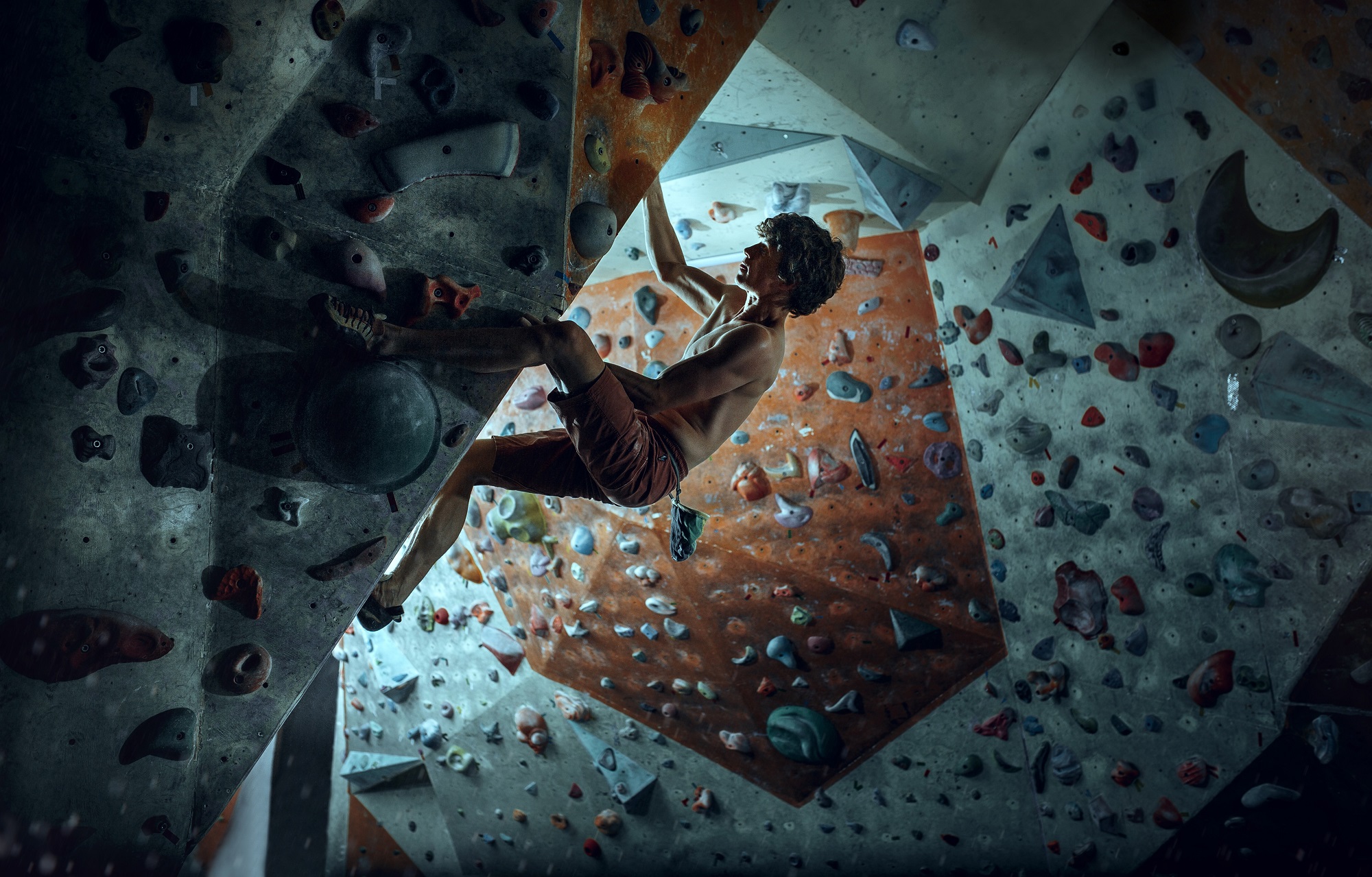Through bouldering you will forget everything you have learned or everything that is currently associated with this sport since to practice this type of climbing, you will only need magnesium to hold on to the stone and what is known as climbing shoes. Colloquially, it is said that boulders are known as “problems” since the purpose of your climbing is to solve problems or the different difficulties of a block, be it rock or an artificial place, if it is indoor climbing. One of the main differences between bouldering and what is known as traditional climbing is that in bouldering, no type of rope is used. And the only safety element available to the climber is a crash pad, a portable mat that prevents the athlete from hitting the ground in the event of a fall.
Despite the fact that many people begin to practice this sport in climbing gyms because of its ease and for all the benefits it brings, it is important to note that it is also a sport that requires a minimum of strength and, above all, requires perseverance. We must highlight that other disciplines require less demanding movements so climbers who want to practice bouldering must also have the strength and a great technique to solve the problems that the circuit brings. In conclusion, this sport requires strength, flexibility, and great skill of prior planning to achieve the objectives.
In relation to the first-mentioned characteristic, you should know that to practice bouldering you need physical but also mental agility. Many times, the route of the block is not trained before, so the climber will have to have the mental agility to foresee the sequence of movements and be able to better complete the route, the difficulties, and the fundamental idea behind circuits.
For all climbing fans, this is great news as this sport will make its Olympic debut at the Tokyo 2021 games, which should have been held in 2020 but due to the pandemic produced by Covid-19, had to be delayed a year. Specifically, this debut will feature three different disciplines, speed, lead, and the one that interests us the most, bouldering. In speed climbing, climbers will face a 15-meter wall which they will have to complete in the shortest time possible, the established speed is between 6 and 8 seconds. As for the lead climbing modality, climbers will have to complete a route of no more than 12 meters in a specific time. As for bouldering, the athletes will have different fixed bouldering projects circuits so that in 4 minutes they can climb a wall 4.5 meters high and which has the safety mat mentioned above. Fixed routes vary in difficulty and it is totally forbidden for climbers to practice the block in advance. In addition, it is important to note that the walls used in the Olympic Games present different challenges through projections, smaller dams so that the hold is more complicated… Through this, what is intended is that the climbers plan their movements instantly thinking about which hand and which foot to place at each moment. As the main characteristic, climbers face the wall without any type of ropes or safety, and in the case of a fall, they can try to complete a route again if they fell during their initial attempt. A climber is considered to have completed the route when he grasps with both hands the last hold at the top of the route. It is important to note that the athletes who belong to this specialty must compete in the three disciplines that we have mentioned previously since it is the overall format. In this way, the final score will be determined by multiplying the points of each of the positions achieved in the 3 tests.

